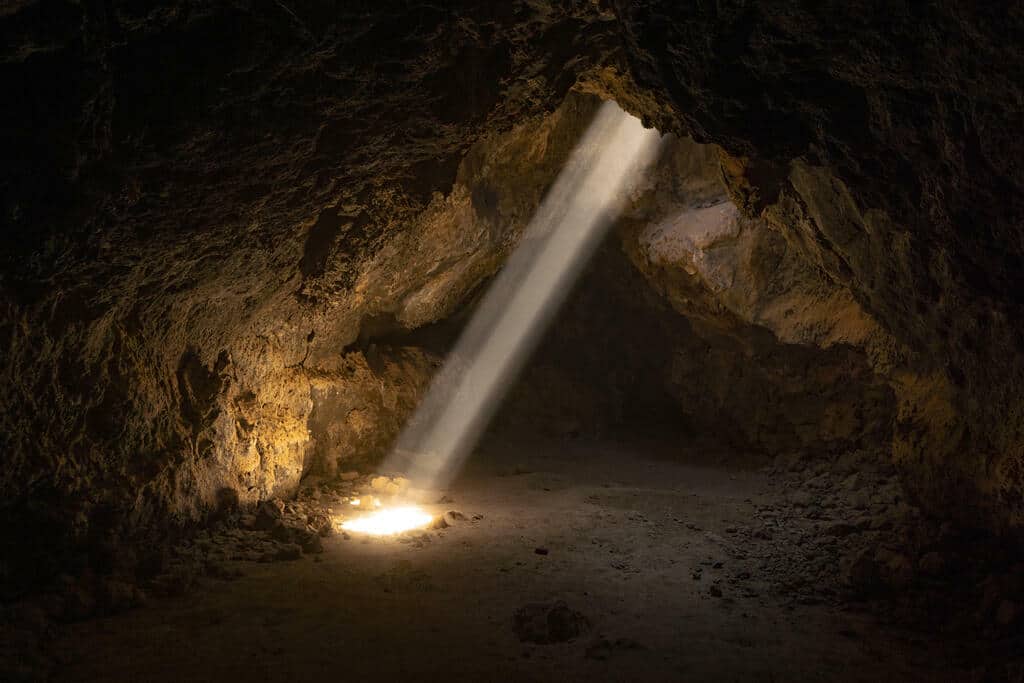
Let us time travel to this very night, Good Friday night, in Jerusalem, to the place(s) where the disciples are hiding. Whether they were all together or scattered in different places throughout Jerusalem, we do not know. What we do know is that all their hopes and dreams of Jesus as the Messiah had been crushed. The crucifixion of their leader was a death blow to their movement, as it was to a dozen or so other messianic movements around this time, as we will see below. A crucified messiah was a contradiction in terms in first-century Judaism(s). What we don’t know is their attitude toward Jesus at this moment. They had followed this extraordinary man for over three years, and now he was dead. Were they sad for him, weeping floods of tears for their dead master? Or were they angry, enraged at Jesus for leading them astray all these years? We can’t know for sure, but either one seems plausible historically.
What we can say with historical certainty, the bedrock fact that I want to focus on, is that sometime very soon after this, possibly “on the third day” after the crucifixion (Sunday), these same overwhelmingly devastated followers were suddenly convinced that their crucified leader had risen from the dead. This is the next line in the creedal tradition: “He was raised on the third day according to the Scriptures”
That Jesus’ earliest followers, soon after his death, became convinced that Jesus rose from the dead and appeared to them, is, like the crucifixion, as historical as anything can ever be.
Where did they get this idea of their crucified leader rising from the dead?
Many Jews at this time believed in a future, bodily resurrection. Many Jews expected a Davidic Messiah figure to arrive and rescue them from their pagan oppressors. Yet not one of them envisioned a two-stage resurrection in which the Messiah would die and be resurrected first, and then the general resurrection would take place at the end of this present age, let alone a Messiah that would be crucified by their pagan oppressors! According to N. T. Wright, “There are no traditions about a Messiah being raised to life: most Jews of this period hoped for resurrection, many Jews of this period hoped for a Messiah, but nobody put those two hopes together until the early Christians did so.”
A coming Messiah, resurrection, and monotheism were all concepts known in the ancient Jewish and Greco-Roman world. Yet no one mutated them and put them together the way the early Christians did concerning Jesus. They uniquely, with unparalleled innovation, proclaimed that the crucified man Jesus was the Messiah, whom God raised from the dead, and was also Lord of the world.
These ideas arose within a monotheistic Jewish context and over a period of fewer than two decades after Jesus’ crucifixion. This presses the historian for an explanation.
If Jesus burst through all the contemporary expectations of messiahship and resurrection and really did rise from the dead, then this was the unparalleled event in history that led to such unparalleled claims. Jesus’ resurrection would then be the most unexpected and radically new innovation that the world had ever seen.
In their innovative beliefs, then, the earliest followers of Jesus were attempting to explain an extraordinary and even haunting event. They could not fully grasp all of its implications, but what they could not deny was that Jesus being resurrected meant the beginning of a new creation, a new chapter in cosmic history.

This post is adapted from The Bedrock of Christianity: The Unalterable Facts of Jesus’ Death and Resurrection by Justin W. Bass (Lexham Press, 2020).






